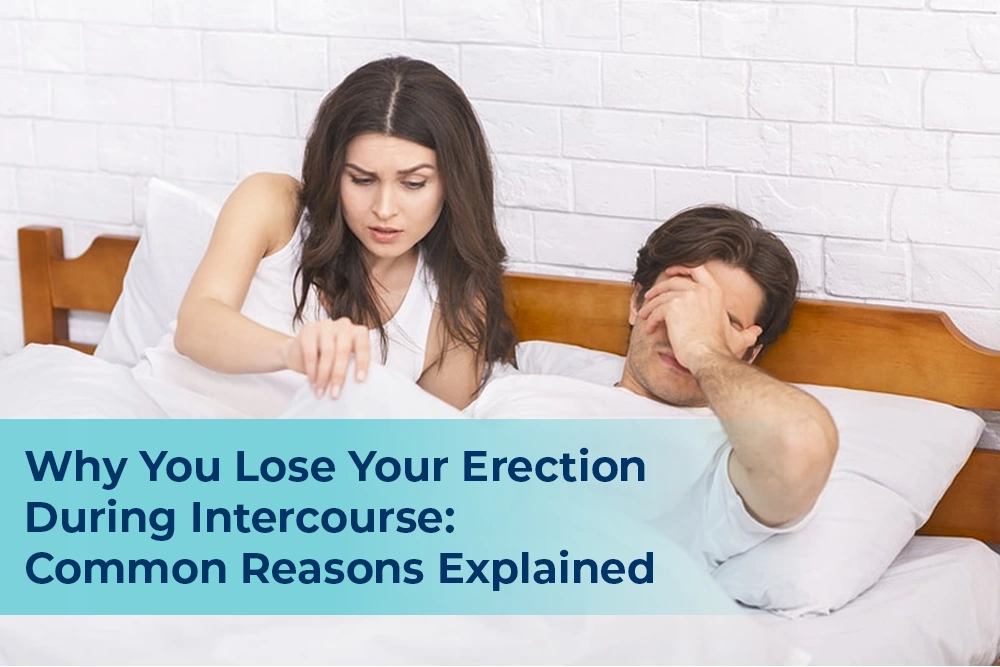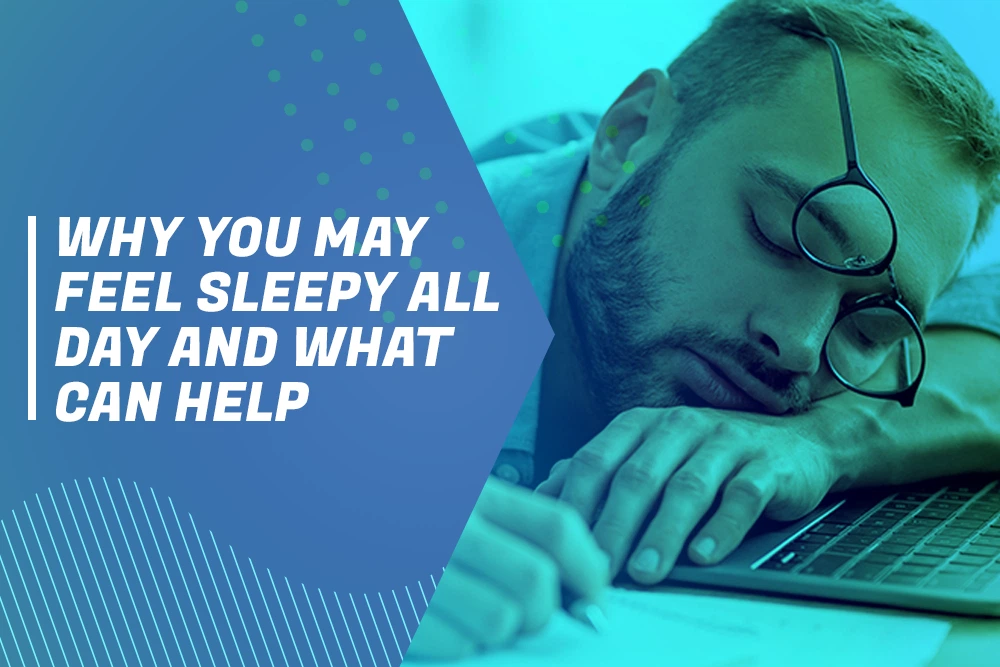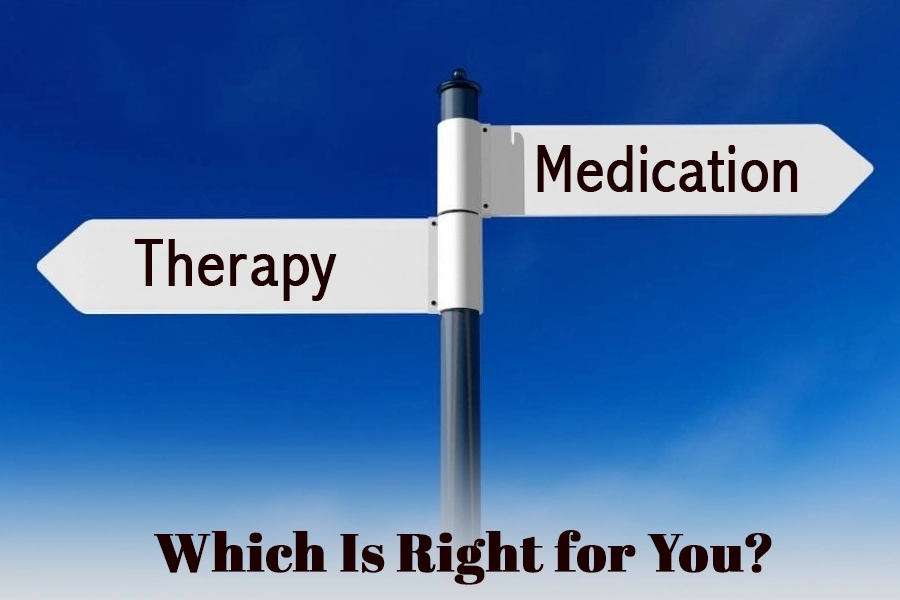Many men lose their erections during sex, and it is embarrassing and isolating. Having an idea of what’s actually happening, such as the complex connection between brain and body or medical or emotional causes, can help you approach the issue with authority and compassion.
How the brain-body connection affects arousal
In order to become sexually excited, a long process initially needs to occur in the brain. When your senses and mind are stimulated, your brain sends messages via your nervous system. These messages instruct the penis muscles to relax and allow blood to come in, causing an erection. Neurotransmitters, including dopamine and oxytocin, are released during sexual activity. These chemicals make you more pleasurable, connected, and sensitive.
But those signals can be jumbled up if the brain is preoccupied with worry, stress, or negative thoughts. The amygdala, which regulates sexual desire and fight-or-flight response, can, unbeknownst to itself, truncate arousal if threatened or upset. Therefore, mental and emotional state play a critical role in maintaining an erection.
Importance of communication and emotional connection
For sex to be satisfying, there has to be honesty and emotional intimacy. Having a way to discuss wants, needs, and concerns makes both individuals feel comfortable with the relationship, decreasing stress and building trust. Sexual satisfaction is directly connected to emotional well-being and self-esteem. Relationship issues or issues with your sense of self can manifest as sexual issues, such as losing an erection.
Partners are able to cope with issues and communicate better when they are able to communicate with one another clearly. The emotional connection not only increases the level of arousal, but it also makes both individuals feel appreciated and admired, and this can reduce the pressure of performing excellently.
Hormonal imbalances and testosterone levels
Sexual health is very important to hormones. Testosterone is particularly crucial for erections and men’s desire. Low levels of testosterone will make you less sexually interested, tired, moody, and unable to get an erection. Dopamine and oxytocin are also two other hormones that contribute to sexual desire and bonding.
Testosterone deficiency is associated with more severe erectile dysfunction. Most men are able to regain their sexual function after resolving their low hormone levels through medical assessment and treatment. In cases of long-standing erection problems, the hormone levels should be checked because they may be an indicator of endocrine or metabolic disorders.
Performance anxiety and overthinking
Performance anxiety is one of the most common psychological reasons that men lose their erection while having sex. Stress and self-doubt will accumulate when you get anxious about your sexual prowess, pleasing your partner, or performing better than you think they want you to. This tension triggers the body’s stress response, which diminishes sex drive and makes it difficult to maintain an erection.
Low self-esteem or perceptions of not being good enough can exacerbate the problem, leading to more stress and the need to avoid intimate relationships. Worrisome thoughts during sex—thinking about what could go wrong rather than allowing yourself to enjoy the experience—can halt the excitement process. Counseling and cognitive behavioral therapy can interrupt this cycle and restore your confidence in your sexuality.
Medical conditions like ED or cardiovascular issues
Erectile dysfunction (ED) is usually a symptom of something much more unhealthy, particularly conditions that involve nerve and blood flow. Certain heart ailments, such as cholesterol and hypertension, make it difficult for the penis to achieve and maintain an erection. Diabetes, neurological conditions, and surgical or accident-related nerve damage may also make it difficult to transmit the signals required for erection and arousal.
Often, ED is the initial indication of a larger health issue, such as diabetes or heart disease. Treating these issues with medical assistance not only enhances sexual health but also overall well-being.
Building sexual confidence through therapy or coaching
Sex therapy and sexual coaching may be a big help for men who are losing their erections. Having a trained therapist work with you can assist you in addressing mental issues such as depression, anxiety, or past trauma. Therapy can also address self-concept, communication, and how relationships function.
Sexual coaching is all about providing individuals with practical tools to enhance their confidence, experiment with new ways of intimacy, and establish attainable goals. These techniques provide individuals and partners with the skills they require to reconnect with their bodies, enjoy more pleasure, and feel less pressure to perform.
In summary
There are numerous things that can lead to a loss of an erection during sex, ranging from the brain-body connection, emotional and relationship issues, hormone health, and psychological tension to medical conditions. Taking proper care of these things—through open communication, medical assessment, adjustment in your lifestyle, and professional therapy—can make you feel confident and sexually satisfied once again. Keep in mind that it is a sign of being strong to ask for assistance, and there are solutions available for those who are open to finding them.









Leave a Reply